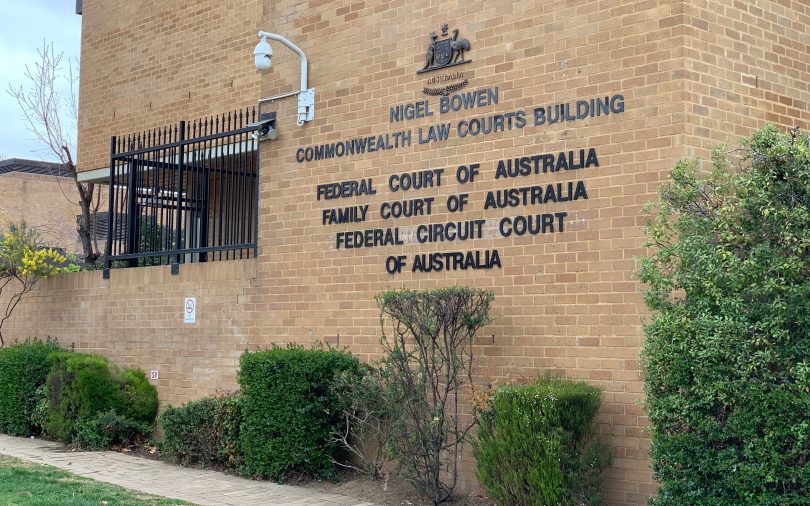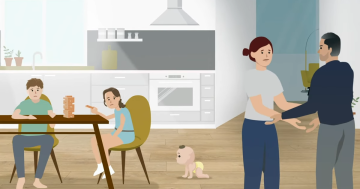
The Family Court will merge with the Federal Circuit Court. Photo: Region Media.
The Senate has narrowly passed a bill to merge the Federal Circuit Court and Family Court of Australia into a new single court structure to be known as the Federal Circuit and Family Court.
The Federal Government said the court will simplify the system and reduce delays and backlogs, citing independent analysis from PricewaterhouseCoopers (PwC) showing up to 8000 additional cases could be resolved each year due to efficiencies.
Labor had argued the outcome is deeply flawed and would likely make an already overburdened system worse.
The bill was passed 30 votes to 28 with the support of One Nation and independent Rex Patrick, despite continued opposition from more than 155 stakeholders in Australia’s family law system. On Tuesday (16 February), they published an open letter to federal Attorney-General Christian Porter opposing the government’s bill abolishing the specialist, standalone Family Court.
Canberra’s family law community has collectively expressed dismay that the changes were passed.
DDCS Lawyers family lawyer Di Simpson says the government’s reliance on the PwC report is problematic.
“The government has persisted with these reforms despite overwhelming resistance from people who have dedicated their lives to work in this,” Ms Simpson said.
“The people who work in the system have said this is a bad idea and the government has refused to listen.”
Ms Simpson says decades of under-resourcing, coupled with increasing demands and a decline in the number of judges has left the system at breaking point.
The government’s new Federal Circuit and Family Court will look like a hybrid court with judges hearing matters ranging from immigration and small business matters to family law.

Di Simpson from DDCS Lawyers. Photo: Region Media.
In a joint statement, the Women’s Legal Services Australia, Community Legal Centres Australia, the Law Council of Australia and the National Aboriginal and Torres Strait Islander Legal Services said, “like many others, we have warned of the dangers this legislation poses for the most vulnerable in our community at a time of relationship breakdown”.
Despite the significant backlogs facing the Courts and shortfalls in judicial officers, the government voted against two motions on Wednesday to guarantee a minimum number of judges in the new Division 1 at either the Family Court’s current strength of 32 or the 40 judges that are at least required to meet existing need. The government’s bill set a minimum number of specialist family law judges at 25.
ACT Women’s Legal Centre principal solicitor Claudia Maclean says a lack of specialist family law judges will mean the court merger could see judges with no specialist knowledge of family law presiding over cases or more urgent matters taking precedence over family law cases that could lead to even longer delays for families trying to settle disputes.
“This is a system that is already overwhelmed. The judges are under pressure and the families are under pressure. Delays will mean there will be more opportunities for people to fall through the cracks,” Ms Maclean said.
“There is a real risk to the children and the victims for family violence when we have cases languishing in the courts for years. This is not a good outcome for children, families and victim-survivors of family violence.”




















